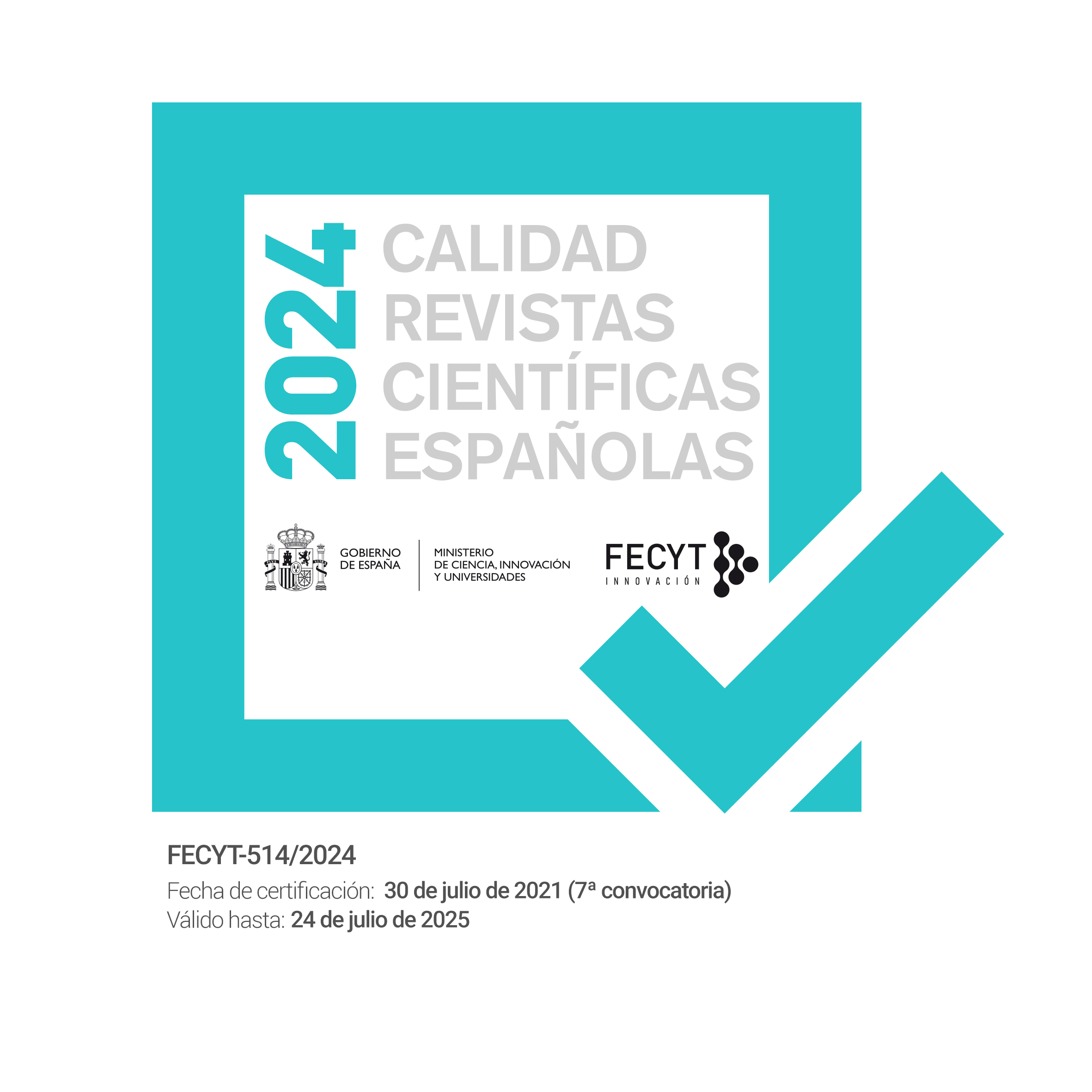Repurposing ‘Disreputable Genre Materials:’ E.L. Doctorow’s Subversion of Hegemonic Gender Configurations in Welcome to Hard Times
Abstract
ABSTRACT: Welcome to Hard Times (1960) is not a conventional Western. The novel constitutes E.L. Doctorow‘s first attempt to turn what at the time was considered "disreputable genre material" into a work of fiction that could yield relevant meanings for contemporary society. This is crucially achieved through the subversion of hegemonic gender configurations in the novel. Hence, the purpose of this article is to assess the extent to which Welcome to Hard Times demythologizes traditional views of the West, as portrayed in the classical Western. The focus will be on the representation of gender, highlighting Doctorow‘s preoccupation with identity and its artificial configuration. Thus, this paper will explore the novel‘s representation of alternative models of masculinity and manliness. I will also examine its transgressive attitude towards femininity and the female voice, both at a thematic and at a structural level, as well as its denunciation of gender violence.
RESUMEN: Welcome to Hard Times (1960) no es un 'western‘ convencional. La novela constituye el primer intento por parte de E.L. Doctorow de convertir lo que en aquella época era un género desacreditado en una obra de ficción capaz de general significados de gran relevancia para la sociedad contemporánea mediante la subversión de configuraciones de género hegemónicas. Así pues, la finalidad de este artículo es evaluar hasta qué punto Welcome to Hard Times desmitologiza las perspectivas tradicionales sobre el Oeste Americano que el 'western‘ viene representando. La atención de este artículo se centra en la representación del género, destacando la preocupación que Doctorow muestra con cuestiones de identidad y su formación artificial. De este modo, este artículo explorará la representación que la novela hace de modelos alternativos de masculinidad y virilidad. También examinaré la actitud transgresora que la novela muestra hacia la femineidad y la voz femenina, tanto a nivel temático como estructural, así como la denuncia de la violencia de género.















